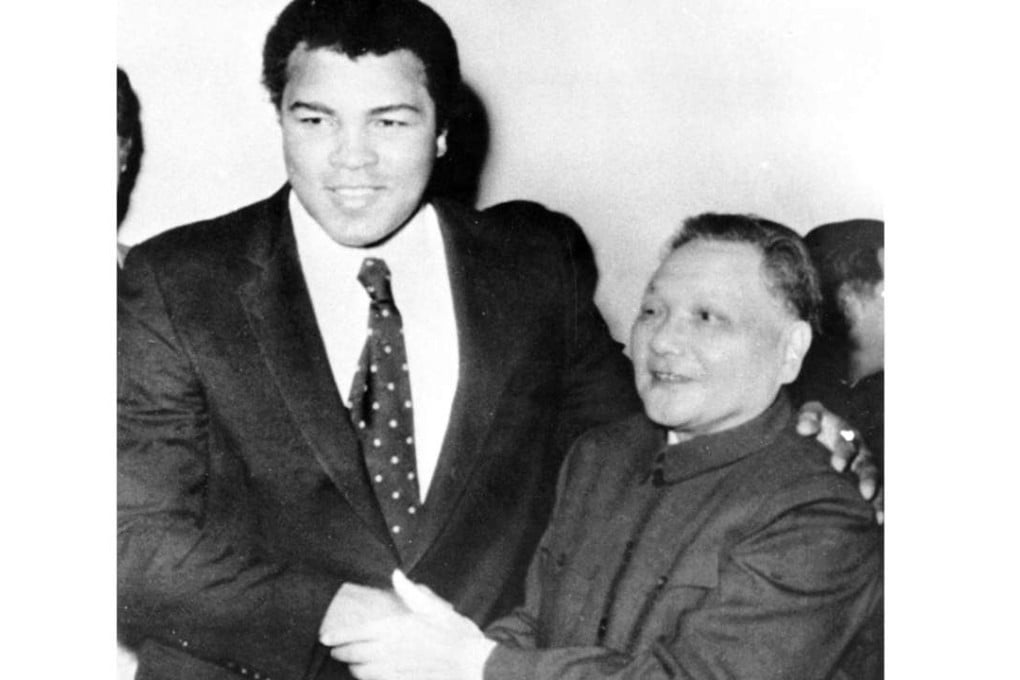Death of a legend: Boxing titan Muhammad Ali, the fighter who embraced China, dies at 74
The three-time heavyweight boxing champion of the world was known for his civil rights activism as well as his sporting career. On a visit to China in 1979, Ali met with Deng Xiaoping and revived interest in boxing on the mainland.

Boxing legend Muhammad Ali, widely acknowledged as “the Greatest Of All Time”, has died in hospital at the age of 74, it was announced early on Saturday.
“After a 32-year battle with Parkinson’s disease, Muhammad Ali has passed away at the age of 74,” spokesman Bob Gunnell said.
Ali, whose fame transcended sport during a remarkable heavyweight boxing career that spanned three decades, had been hospitalised in the Phoenix, Arizona, area with a respiratory ailment this week.
Concern for the three-time heavyweight world champion had grown throughout Friday amid reports that his respiratory trouble was complicated by the Parkinson’s that had left the fighter increasingly frail.
Ali in China
In 1979, Ali visited China and helped revive interest in boxing, which had been banned decades earlier following a death in the ring. His visit, and his meeting with Chinese leader Deng Xiaoping, also had geopolitical implications.